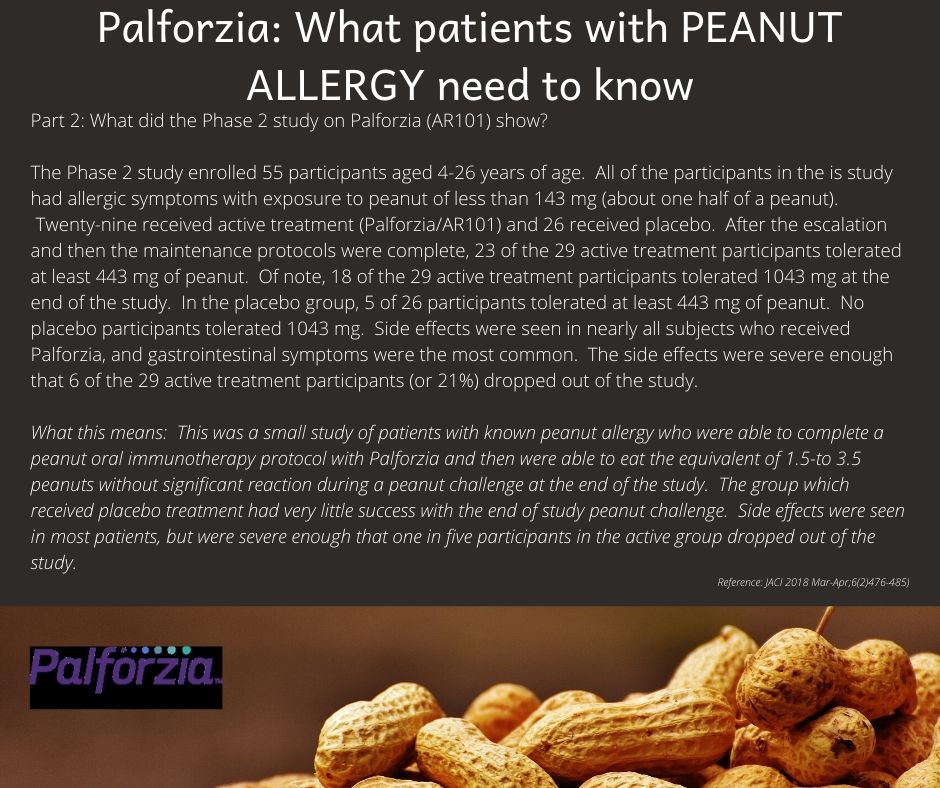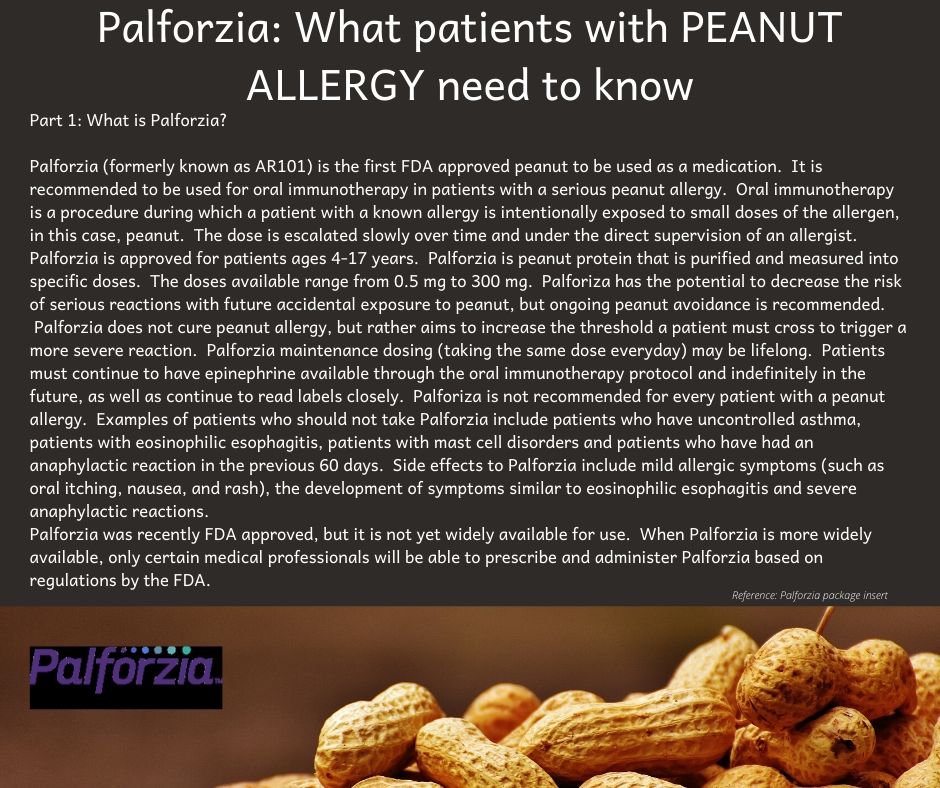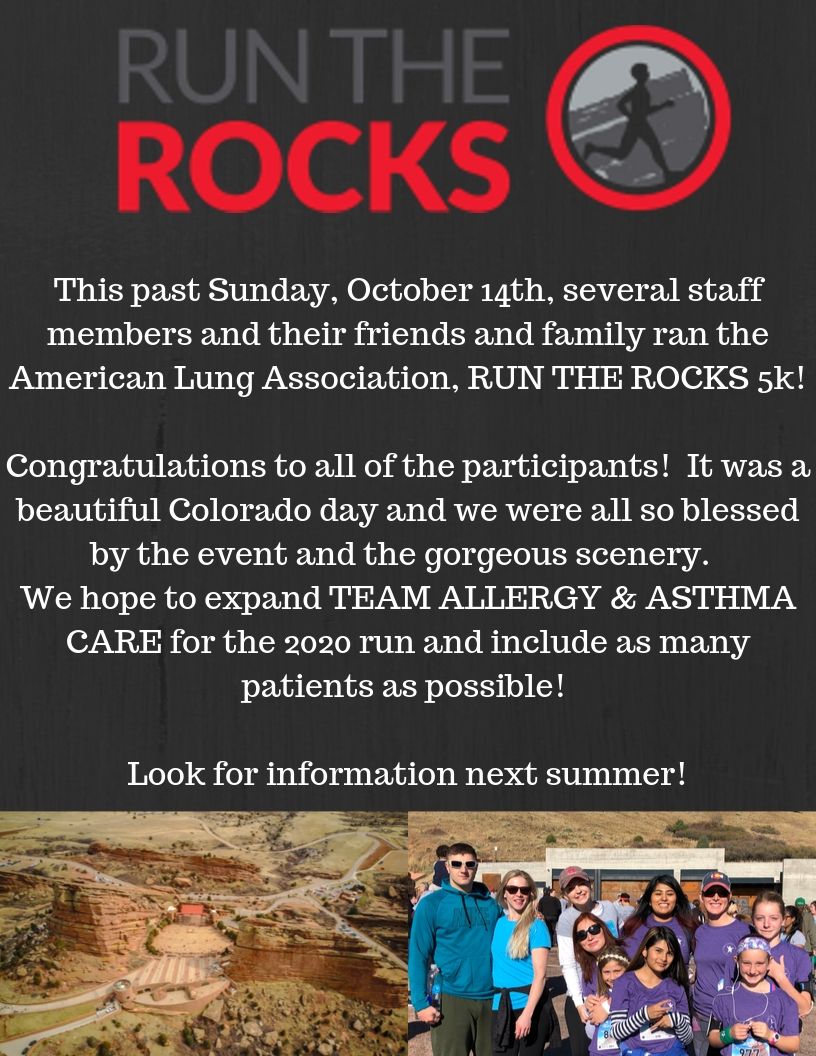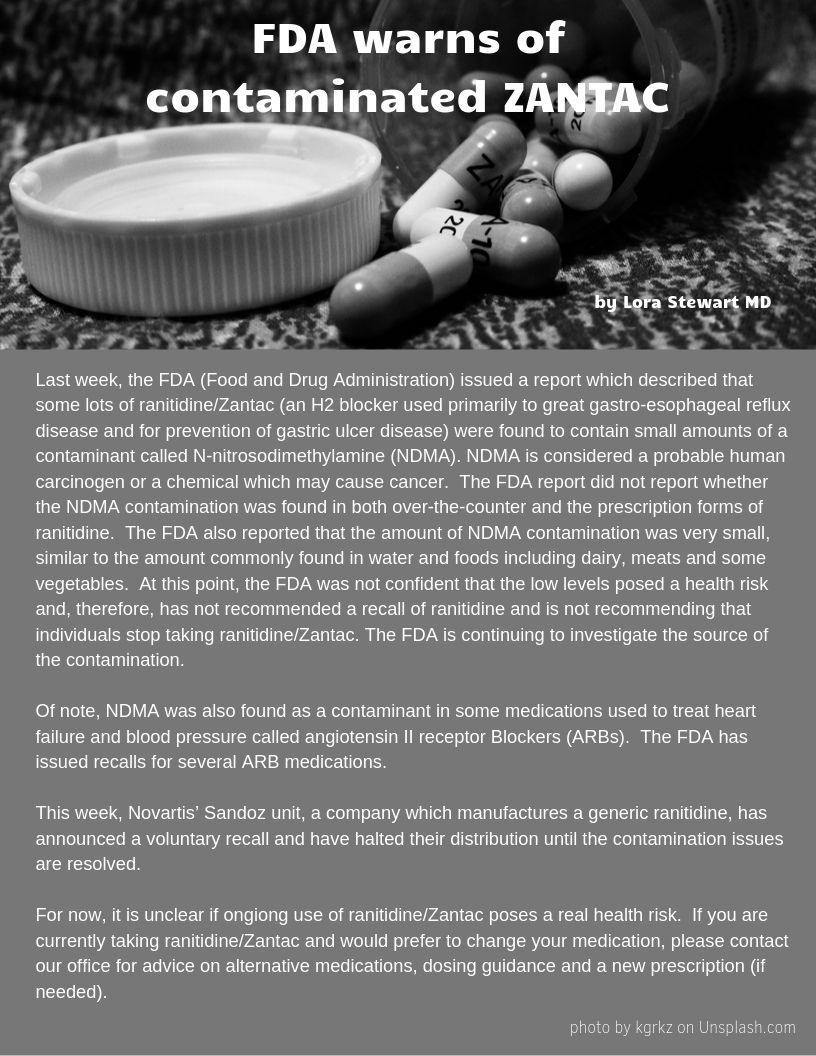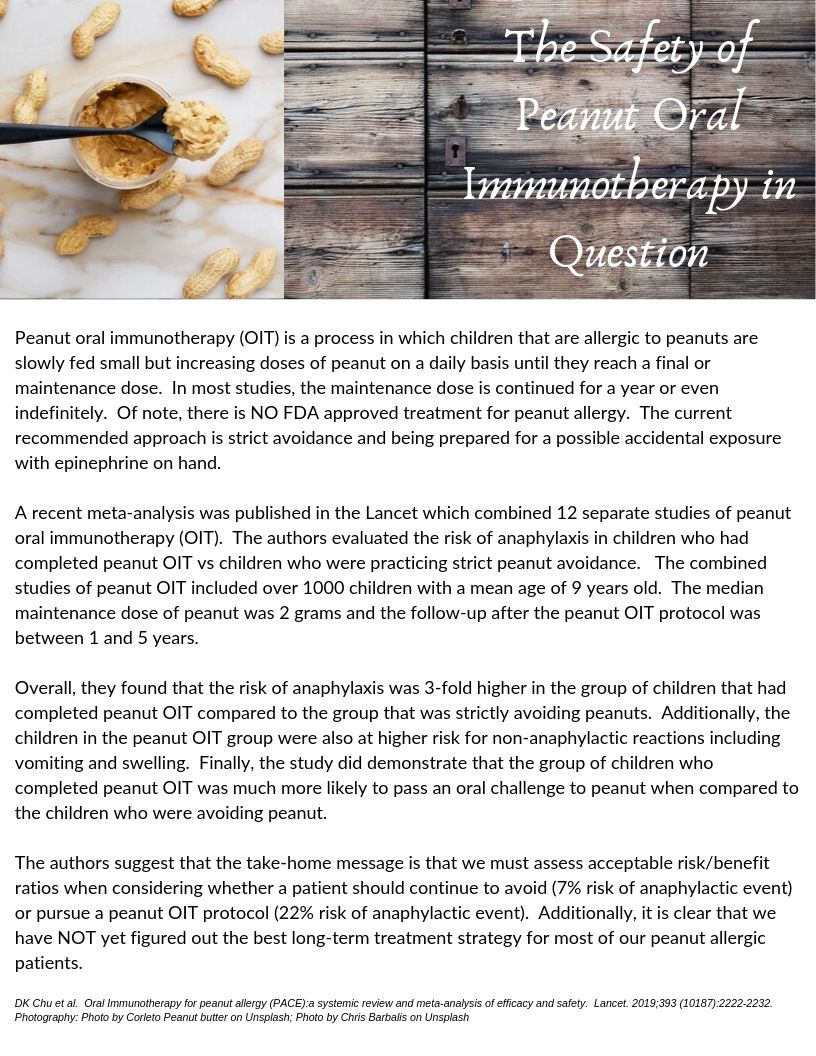As of 3/5/2020 there have been 2 confirmed cases of COVID-19 in Colorado.
COVID-19 is a novel form of a coronavirus that started in China. There are many common forms of coronavirus that can cause the common cold, but SARS and MERS are also forms of corona virus. One of the major differences between COVID-19 and SARS and MERS, is that COVID-19 seems to be transmitted from person to person very easily. At this time, we believe that COVID-19 is spread only through respiratory droplets, this means from a cough or sneeze.
Symptoms of COVID-19 vary in each infected person and may be as mild as a common cold (runny nose, sneezing, fatigue) or as serious as respiratory failure. Currently, the CDC is recommending testing in individuals with a combination of fever and lower respiratory symptoms (cough, shortness of breath) AND a history of recent travel to a high risk region or contact with another person who had recent travel to a high risk region AND without another explanation for their symptoms (such as influenza). Our office is NOT equipped for testing of COVID-19 at this time.
There is no specific treatment for COVID-19. The treatment is supportive which means that treatment is directed at the symptoms and not at the virus. Many hospitalized patients with COVID-19 have required oxygen or assisted breathing as well as medication to treat fever and fluids to combat dehydration. There is not an antibiotic or antiviral medication known to treat COVID-19.
If you are concerned that you may be infected with COVID-19, you should contact your primary care physician or our office by PHONE. If your symptoms are very concerning or progressive, you may be directed to a local emergency department for treatment and testing. YOU SHOULD STAY HOME IF YOUR SYMPTOMS ARE MILD and avoid contact with other people. You should especially avoid contact with the elderly population and with individuals that have underlying medical problems such as lung disease, heart disease or a compromised immune system.
Because an individual may be able to spread COVID-19 for days or even a week before they have any symptoms, it is important that everyone is washing their hands often. This is the most effective way to decrease the risk of transmission and infection.
At this time, our office will be managing patients with fever and lower respiratory symptoms by phone only. If a patient arrives with fever and lower respiratory symptoms, they will be asked to be seen in the emergency department rather than our office. This is an effort to minimize risk to our other patients and our staff. Finally, we are certainly concerned about the increasing number of cases of COVID-19 in the US, but we are also still very much concerned about seasonal influenza infections.
Thank you for reading and for your patience and understanding as we all work together. We will update this post as new information becomes available.
– Dr. Stewart and Dr. Garcia

